
How to freeze olives Yes, you can! Quirky Cookery
Rinse the olives under cold water to remove any dirt or debris. Drain the olives in a colander and allow them to dry for a few minutes. If the olives are fresh, they should be prepared in a brine solution to preserve their taste and texture. To make a brine solution, mix 1 cup of salt with 1 gallon of water.
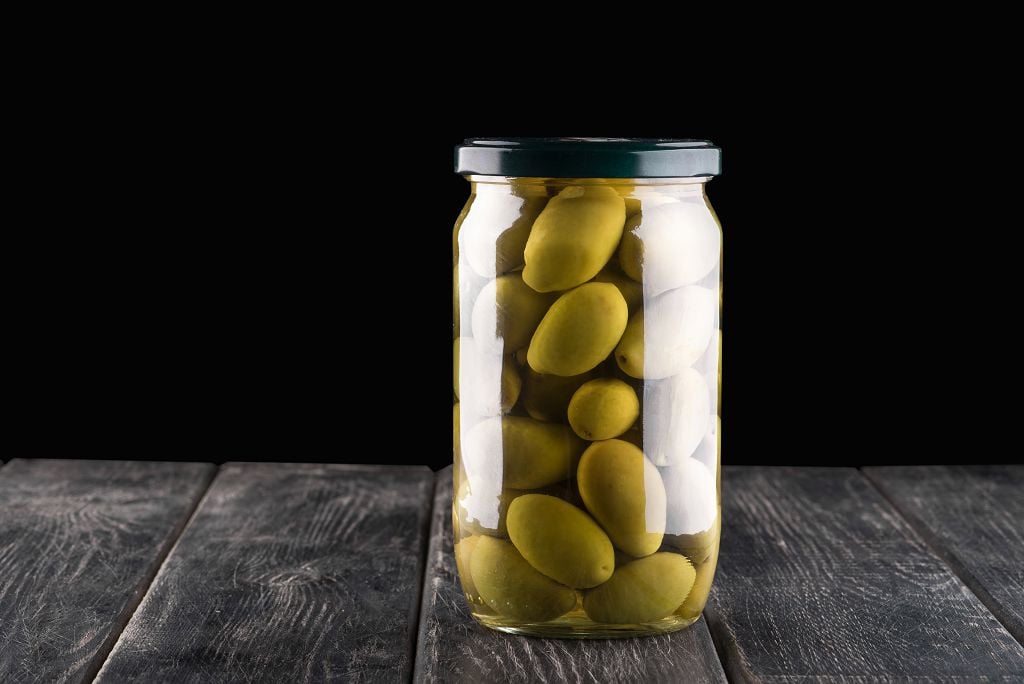
Can You Freeze Olives? Find Out How to Store Olives Properly Simply
Whether you have fresh black olives, stuffed olives, or nocellara olives, you can easily freeze them by following the following steps. Step 1: Wash and Dry The Olives . After being handled by several hands, the fresh batch of olives you just bought is bound to have some impurities. As such, you need to pop them into a colander and let cool.
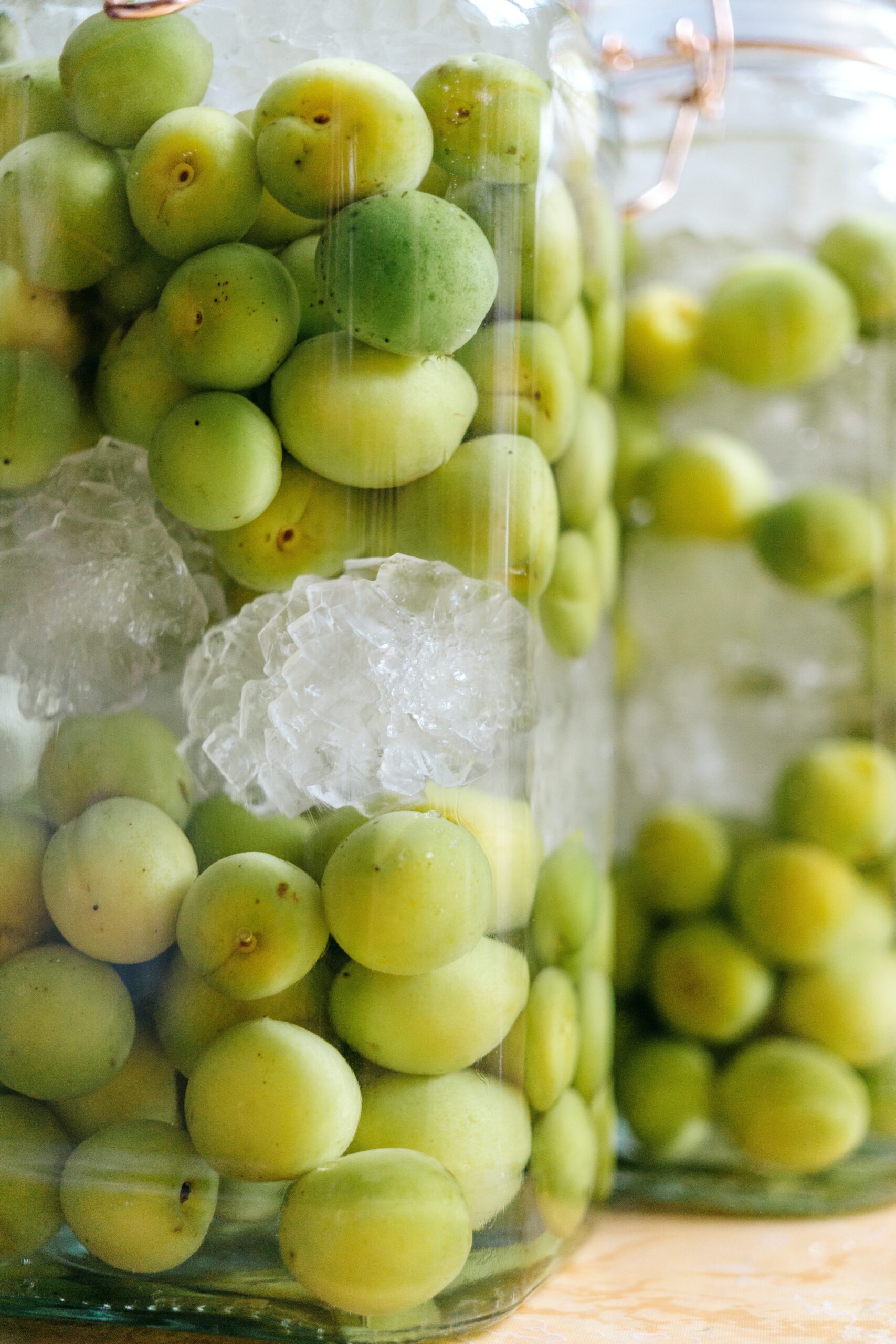
Can You Freeze Olives? How to Freeze Different Types of Olives? Can
Yes, you can freeze canned olives, but there are a few things to keep in mind. Canned black olives, marinated olives, and kalamata olives can all be frozen. However, if the olives are in a sauce, it's best to transfer them to a freezer-safe container before freezing them. If the canned olives are in olive oil or any other type of oil, they.

Can You Freeze Olives? Find Out How to Store Olives Properly Simply
Yes, olives can be frozen. While olives do typically last for quite a while in the fridge, freezing is olives is a great option for prolonging their shelf life even further. All types of olives can be frozen, this includes freezing black olives, freezing green olives and freezing olives that have been stored in brine or dressed with olive oil.
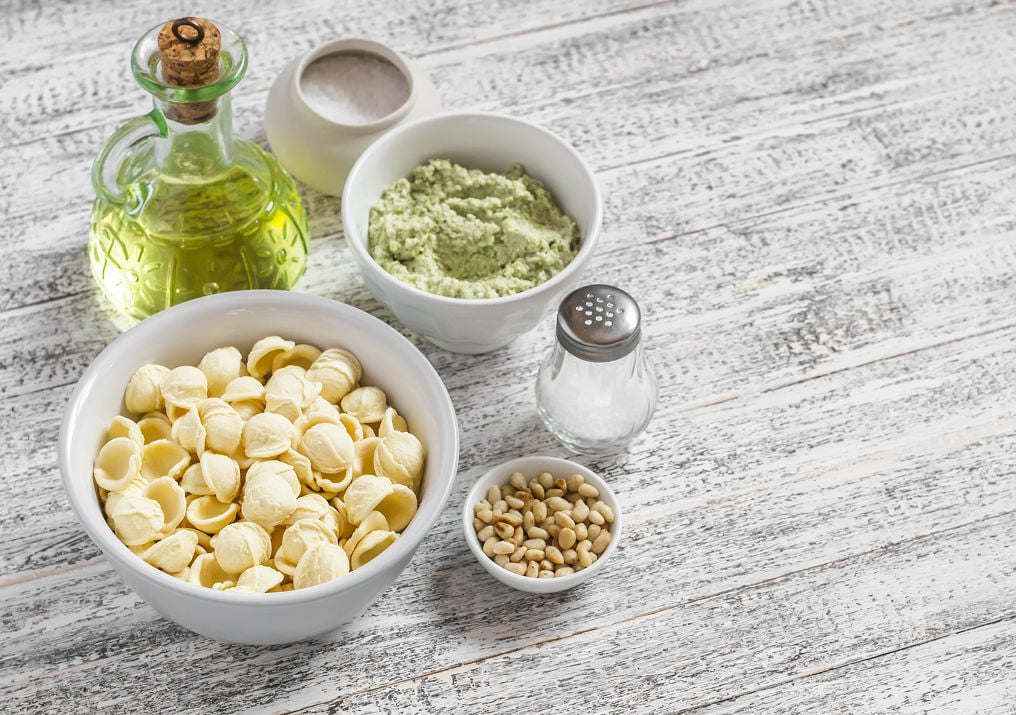
Can You Freeze Olives? Find Out How to Store Olives Properly Simply
Soak in water: Place the olives in a bowl of cool water. Change the water daily for about 10 to 14 days, depending on the olive variety. This process helps remove bitterness from the olives. Brine solution: Create a brine solution by dissolving salt in water. The ratio should be about 1/2 cup of salt per gallon of water.

Can You Freeze Olives? Foods Guy
To freeze fresh or brined olives, start by placing the fruit in a colander and let cool water run to remove any impurity. Let the fruit drip dry for 10 to 15 minutes. You don't want excess water getting in there because moisture will lead to flavor loss and sliminess. To speed things up, you can always use napkins to dry the fruits off.
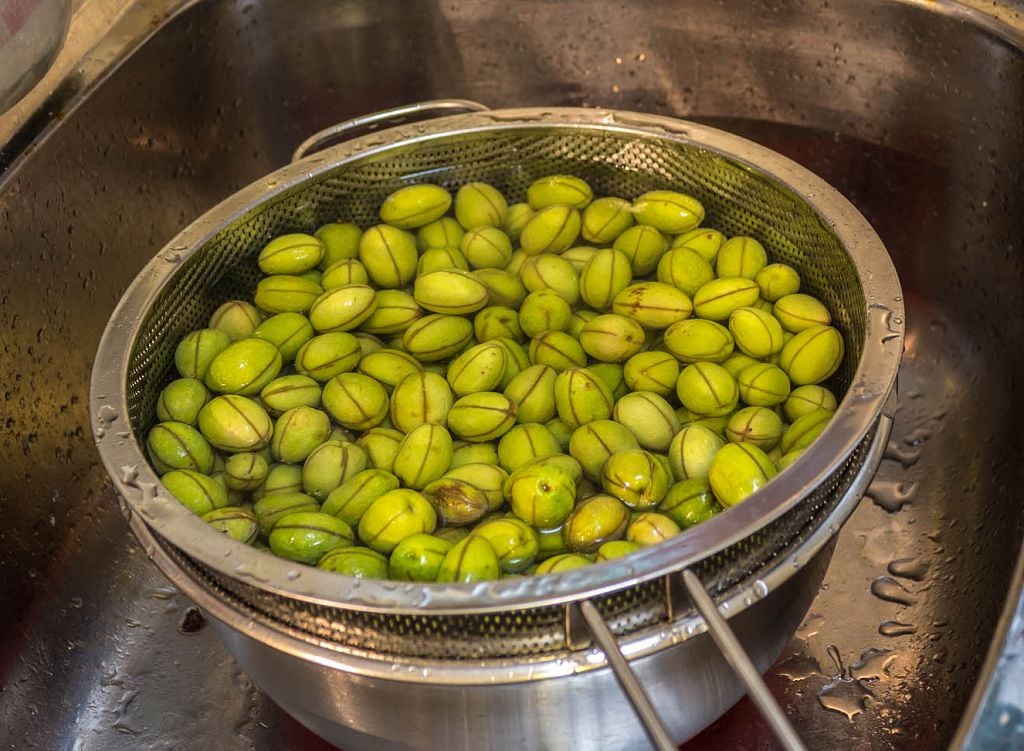
Can You Freeze Olives? Find Out How to Store Olives Properly Simply
We will also offer practical tips for storing and thawing frozen olives. So, let's get started! Why Freeze Olives? Freezing olives is a simple and effective way to extend their shelf life and preserve their flavors. While they can be stored in oil or vinegar, freezing offers a more cost-effective and hassle-free method for long-term preservation.
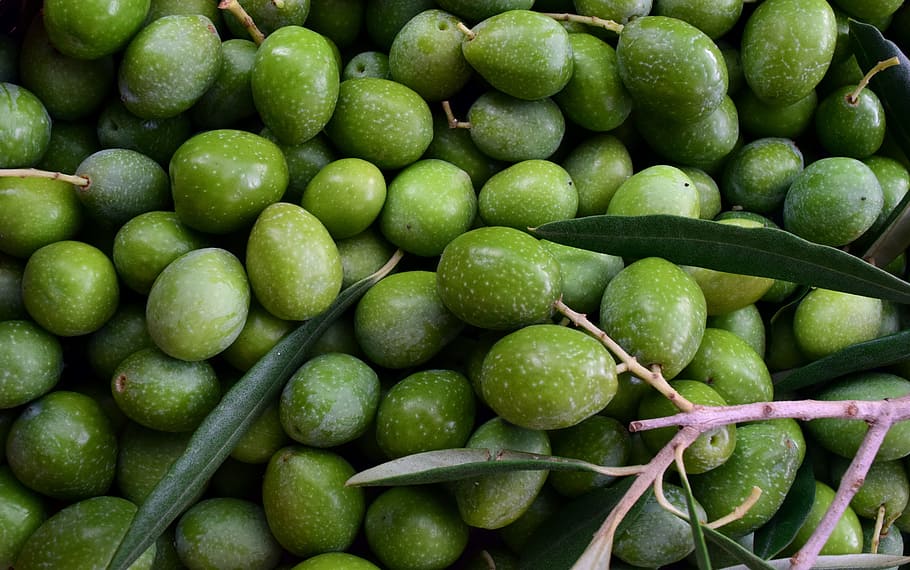
Can You Freeze Olives? Best Electric Skillet Guide
Here's a comprehensive guide on how to freeze olives: Step 1: Select fresh, high-quality olives. Step 2: Wash the olives. Step 3: Remove any stems or leaves. Step 4: Sort and pit the olives (optional) Step 5: Dry the olives. Step 6: Prepare for freezing. Step 7: Flash-freeze the olives. Step 8: Package the olives.

Can You Freeze Olives? cookerybarn
Here's how you can freeze olives: Rinse the olives with water and pat them dry with a paper towel. Place the olives in a freezer-safe container or freezer bag. Seal the container or bag tightly, removing as much air as possible. Label the container or bag with the date and type of olives. Place the container or bag in the freezer.

Can You Freeze Olives? Foods Guy
Step 1: Select Fresh Black Olives. When it comes to freezing black olives, the quality of the olives you choose plays a vital role in ensuring a successful outcome. Follow these guidelines to select the best black olives for freezing: Look for plump, shiny olives: Fresh black olives should appear plump and have a glossy or shiny skin.
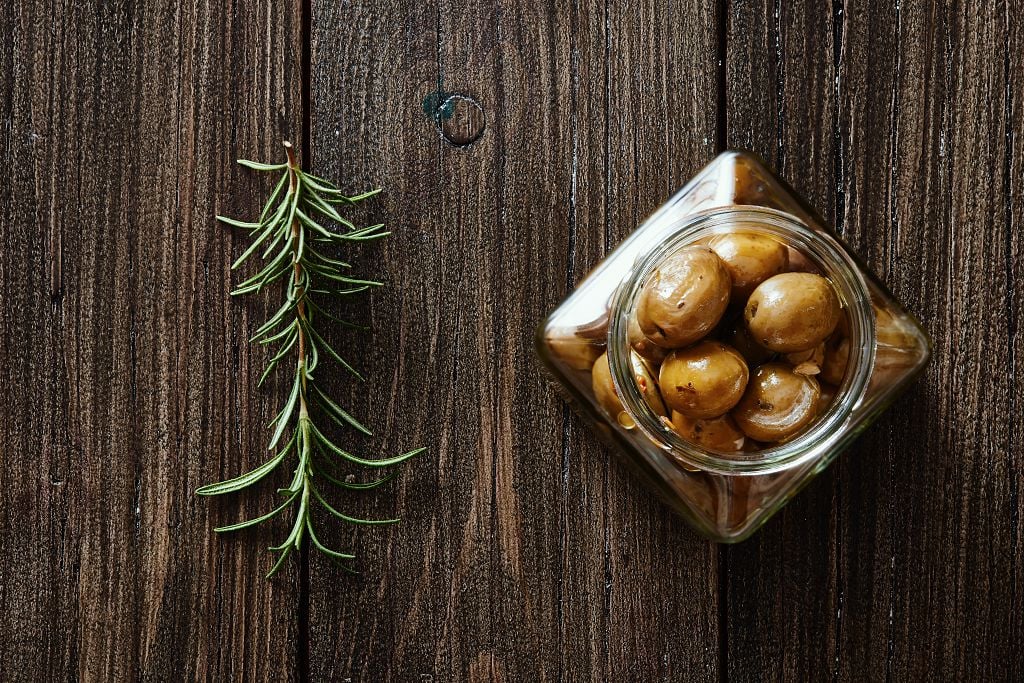
Can You Freeze Olives? Find Out How to Store Olives Properly Simply
Here is how to freeze fresh olives: The first step is to wash the fresh olives by placing them in a colander and placing them under running water. Once rinsed, leave them to dry. You can either leave them to air dry or pat them down with a paper towel. Once they have dried, you can place the olives in a freezer-safe container.
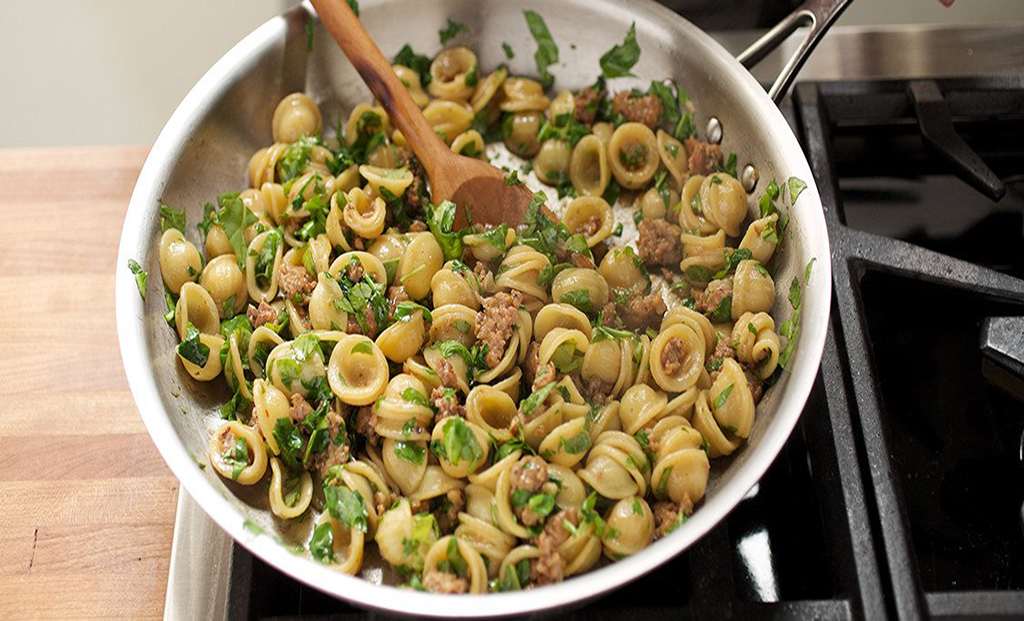
Can You Freeze Olives? Find Out How to Store Olives Properly Simply
Brined olives come in a salty liquid. To freeze these, drain the brine and rinse your olives in cold water.You can let them air dry, or for a quicker result, dry them with a paper or cloth towel. Once dry, you can put the olives into a freezer-safe container with an airtight lid (I like to use mason jars).A Ziploc bag or freezer bag of some sort works too, but try to remove the air before.

Can You Freeze Olives? Cookery Space
Freezing Olives. To further extend the shelf life of olives, they can be stored in the freezer. It is important to note that liquid expands when it freezes. Olives stored in glass bottles should be transferred to a freezer-safe, sealable container to prevent bottles from exploding. This is important to remember if it is intended to keep the.

Can You Freeze Olives? How to Freeze Different Types of Olives? Can
Place the olives in a pan then pour brine made with four ounces of salt for every gallon of water. Boil this for 10 to 15 minutes. Discard the brine and place the olives in cold water. Remove the olives from the water then place them in a freezer-safe container. Make sure that the container is tightly sealed before putting it in the freezer.

Can You Freeze Olives? Freeze That Food
You can freeze olives in brine, an oil-based mix, or even vacuum-sealed. Always freeze olives in their brine or oil to preserve their flavor. Prepare the Olives. Before freezing, make sure to rinse your olives and remove any leaves, stems, or imperfections. If you prefer your olives sliced, cut them after rinsing.

Can You Freeze Olive Oil? BZIce Freezing Dictionary
Start by laying the olives on a baking pan lined with parchment paper. Flsh freeze the olives on the pan for 2 to 3 hours before moving them to a bag or container. Remove excess air before sealing. Date and freeze: The last step is to date the containers and put them in your freezer.